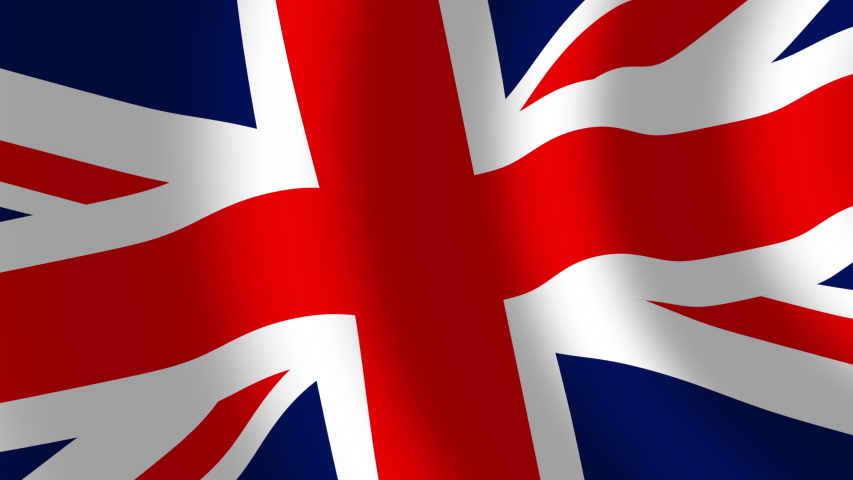Concerns for UK press freedom over proposed national security bill
The draft National Security Bill which is at present being debated in Parliament, raises serious concerns for press freedom should it pass into law in its present form.
In an open letter to The Times on Wednesday 11 January 2023, an international media coalition of more than 40 signatories, warned of “serious concerns” with the bill and risk it poses to whistleblowing and public interest journalism. The group said that whilst it understood that the aim of the bill was to update the UK’s espionage laws to protect national security, the reality was that broad and vague definitions contained within it would, even if unintentionally, impact on legitimate reporting. The British Society of Editors had previously criticised the bill for it absence of any public interest defence for journalists.
In a debate in the House of Lords last week calling for amendments to the existing draft, the international ramifications were raised by Lord Black, Chairman of the CPU Media Trust and Deputy Chairman of Telegraph Media Group. He pointed out that should the bill pass in its present form it “could be deployed to stop a major piece of investigative reporting”. He told the House of Lords that he was concerned the draft legislation could “potentially criminalise” reporters and whistleblowers because it says simply that a crime is committed if it “may materially assist a foreign intelligence service”.
He continued “I also think that there are major issues of press freedom globally on this point because the way in which we legislate in the UK, especially on issues of national security, tends to be copied in a much more dramatic fashion in far less democratic countries; this issue was powerfully raised in a letter from international press freedom organisations that was published today in The Times and which I co-signed as chairman of the Commonwealth Press Union.”
Lord Black explained that modern public interest journalism in a digitally connected world inevitably straddles national boundaries and involves a combination of civil society and media organisations working together to report on leaked documents from the public and private sectors, the publication of which is genuinely in the public interest. It often relies on whistleblowers, who expose themselves to serious risk, and those who provide information that substantiates the truth of claims.
The Government did not agree with the arguments and viewed the proposed amendment as unnecessary but peers are expected to try again to amend the legislation at a later stage.

